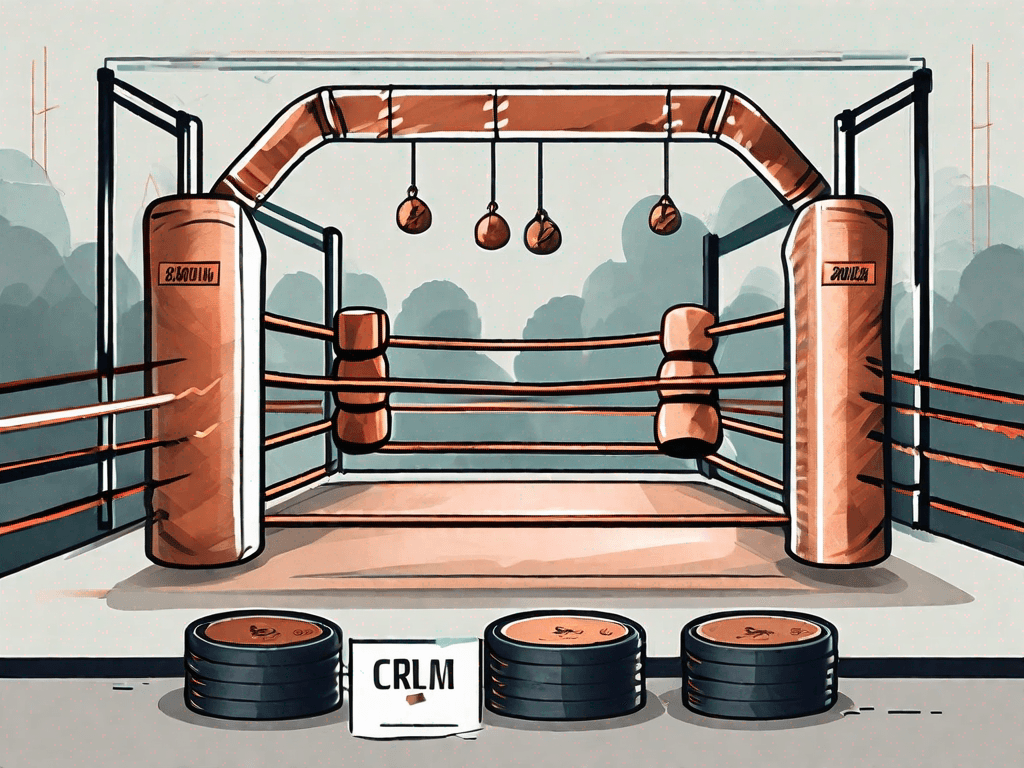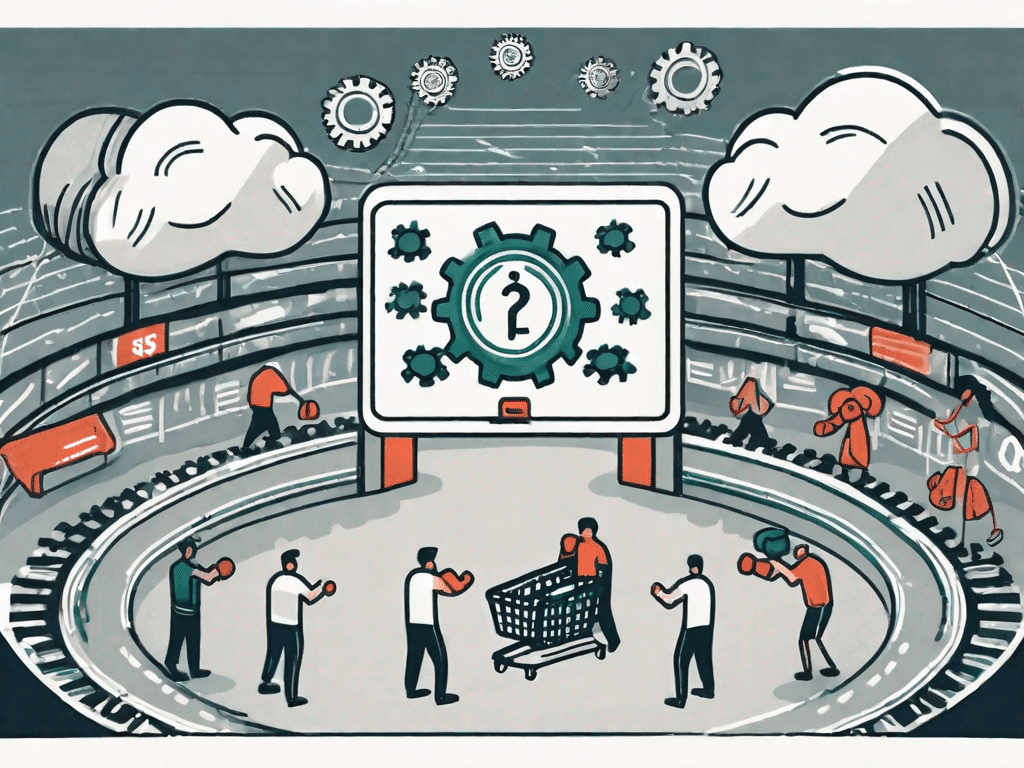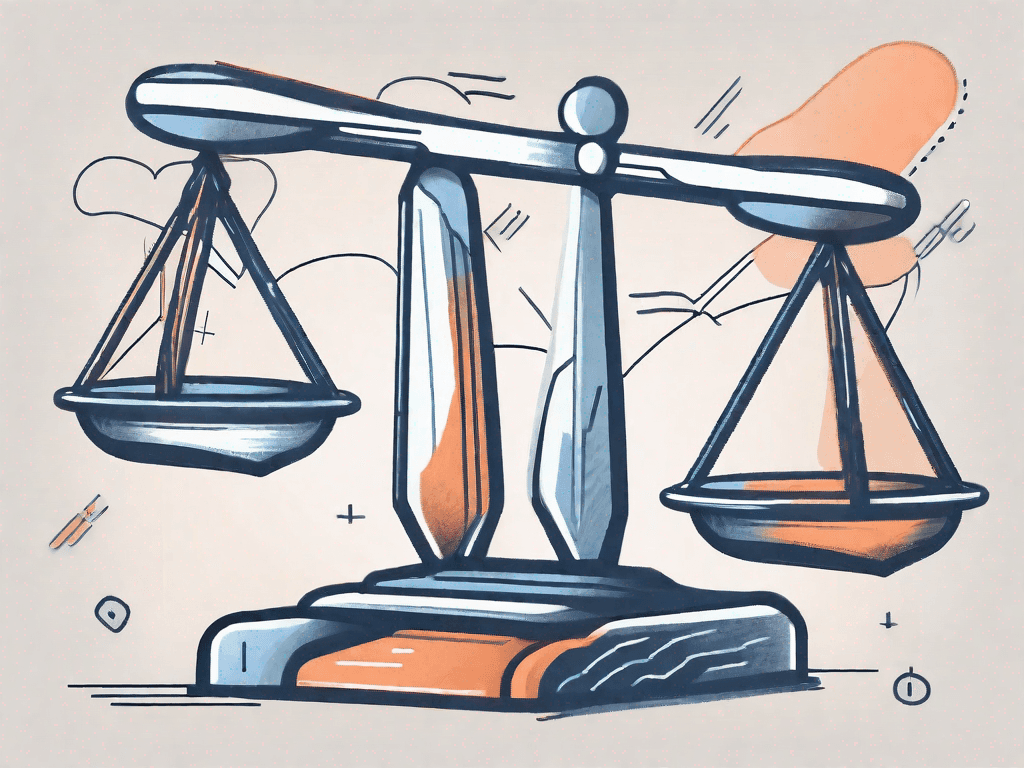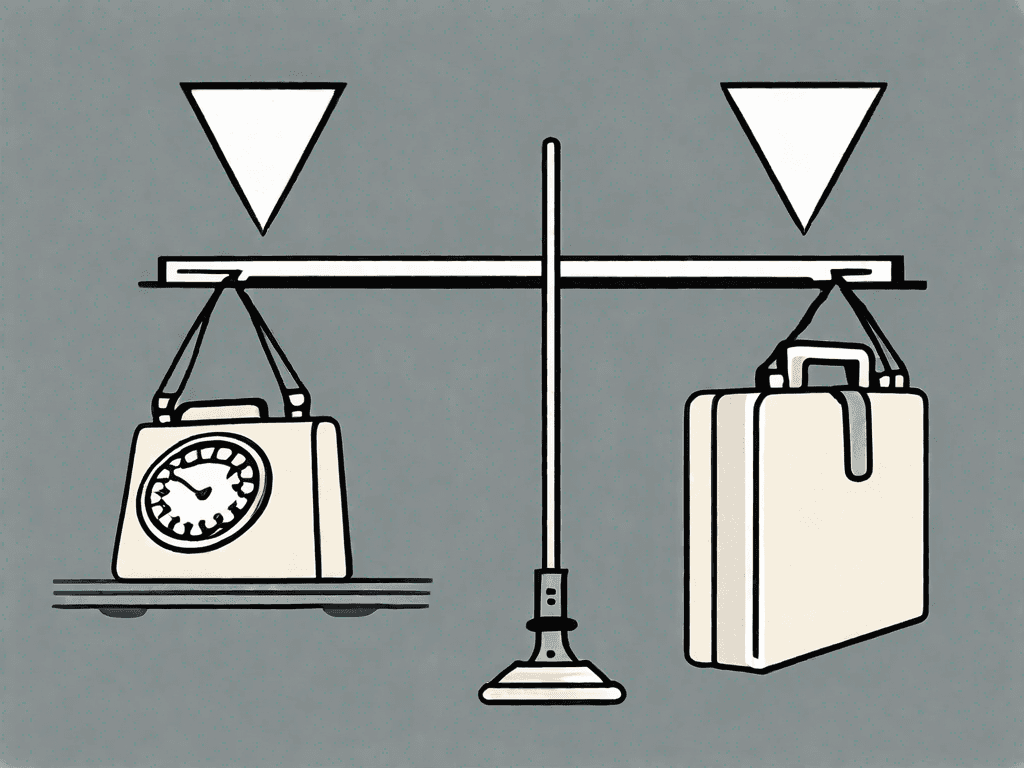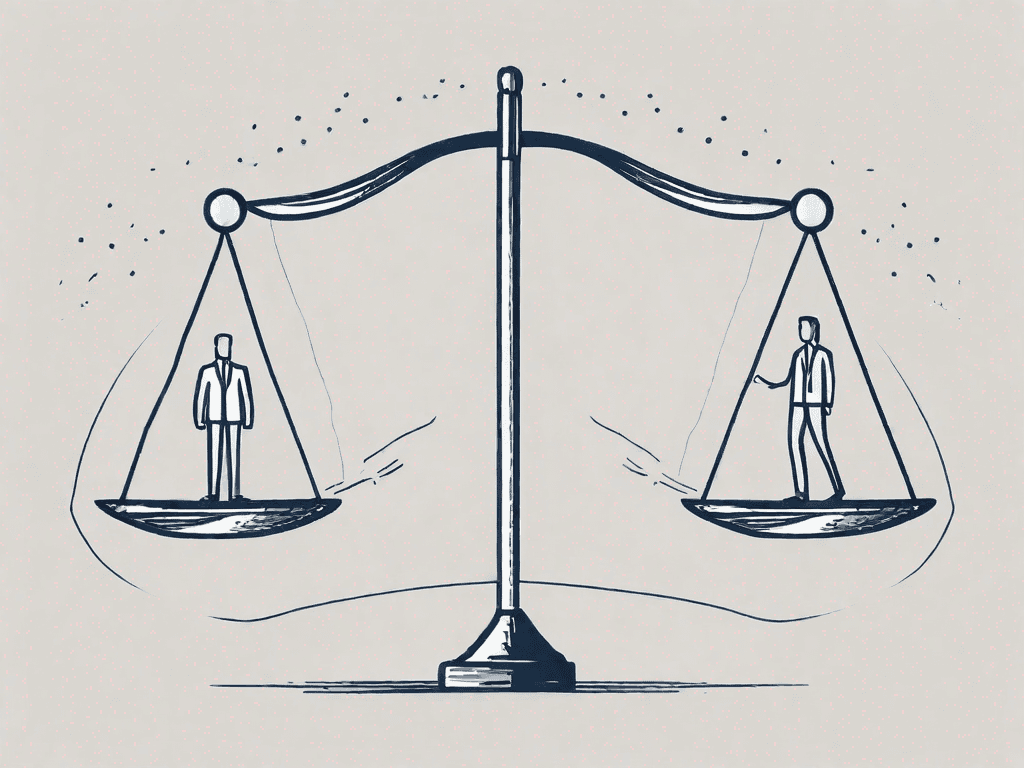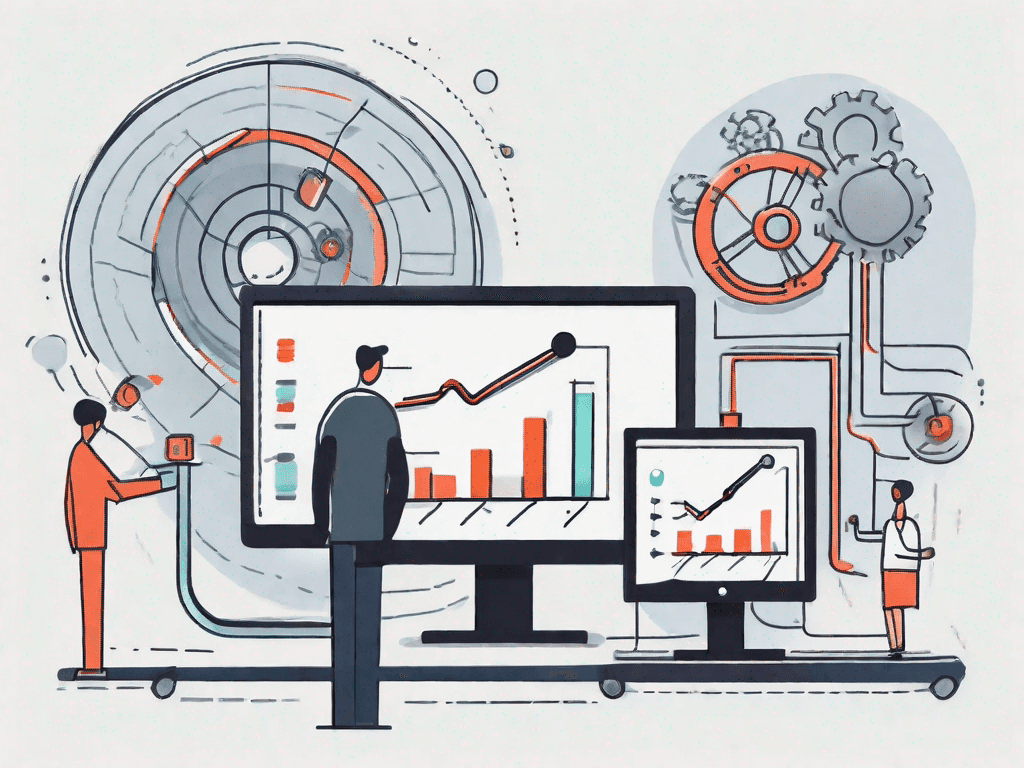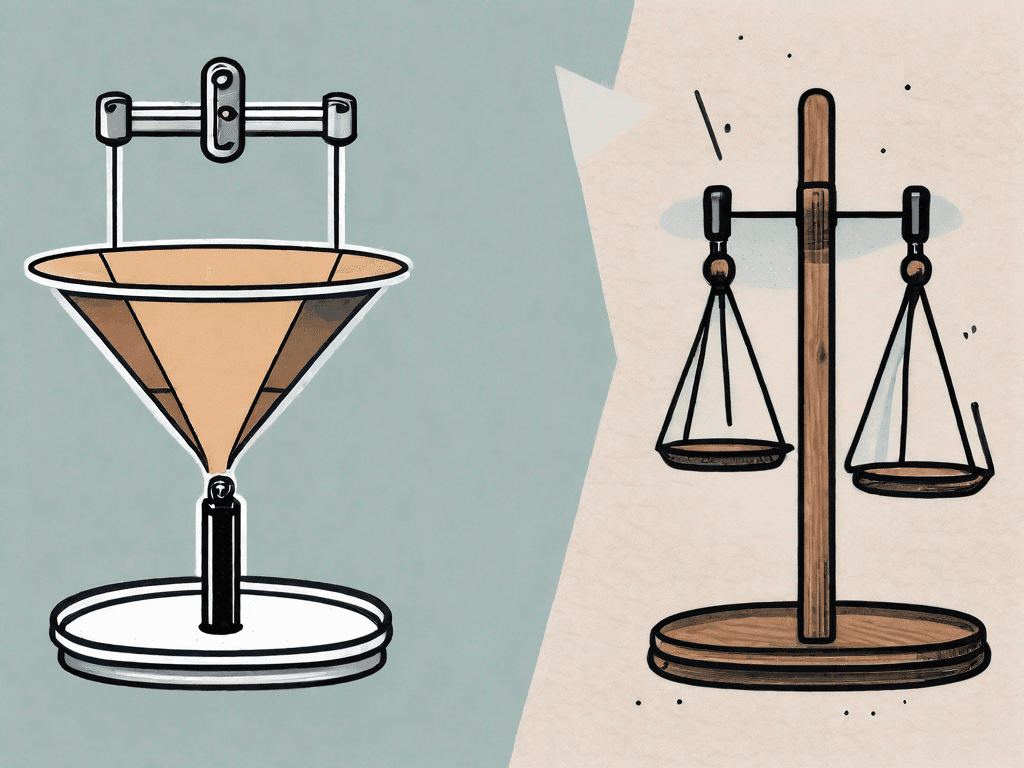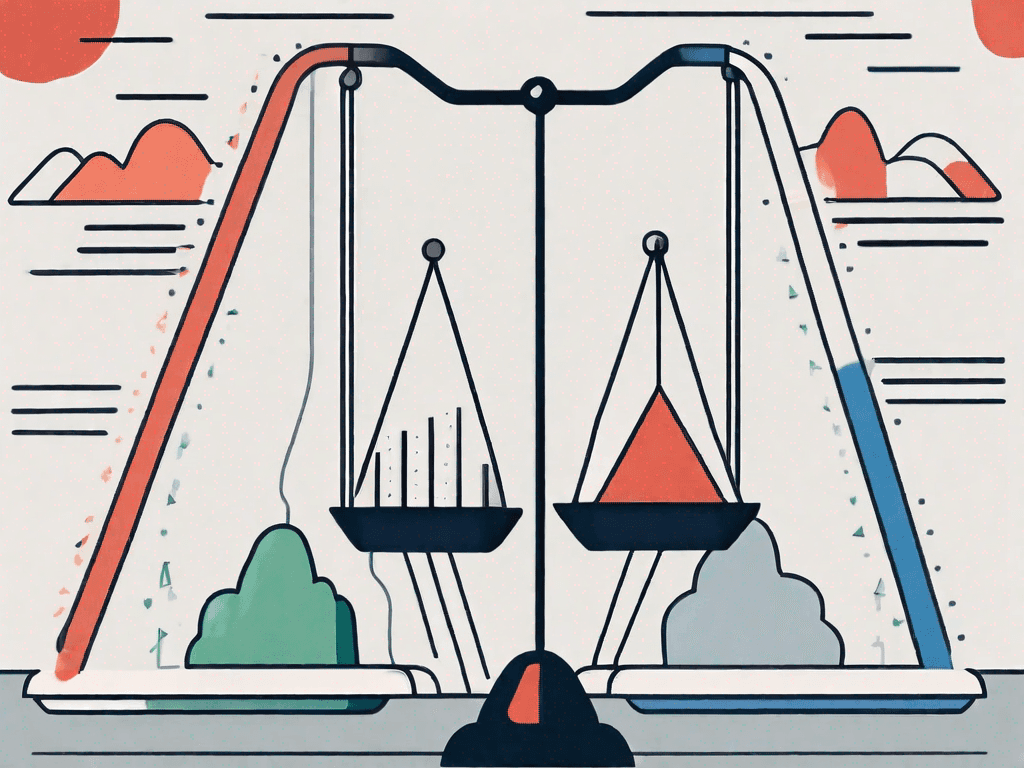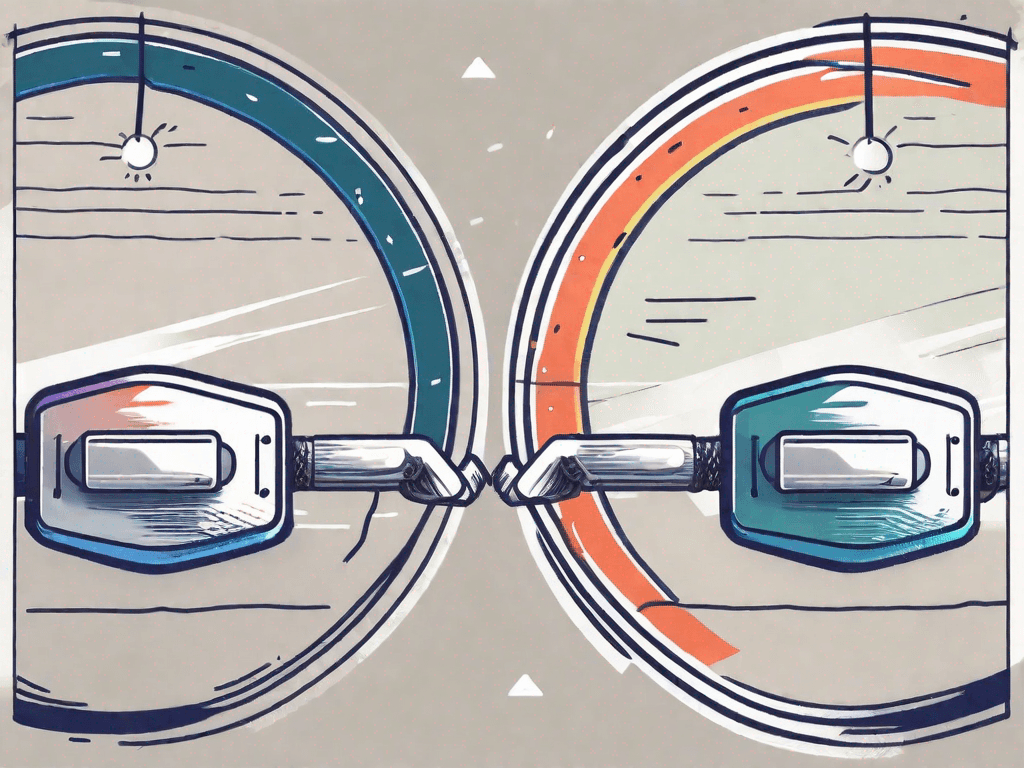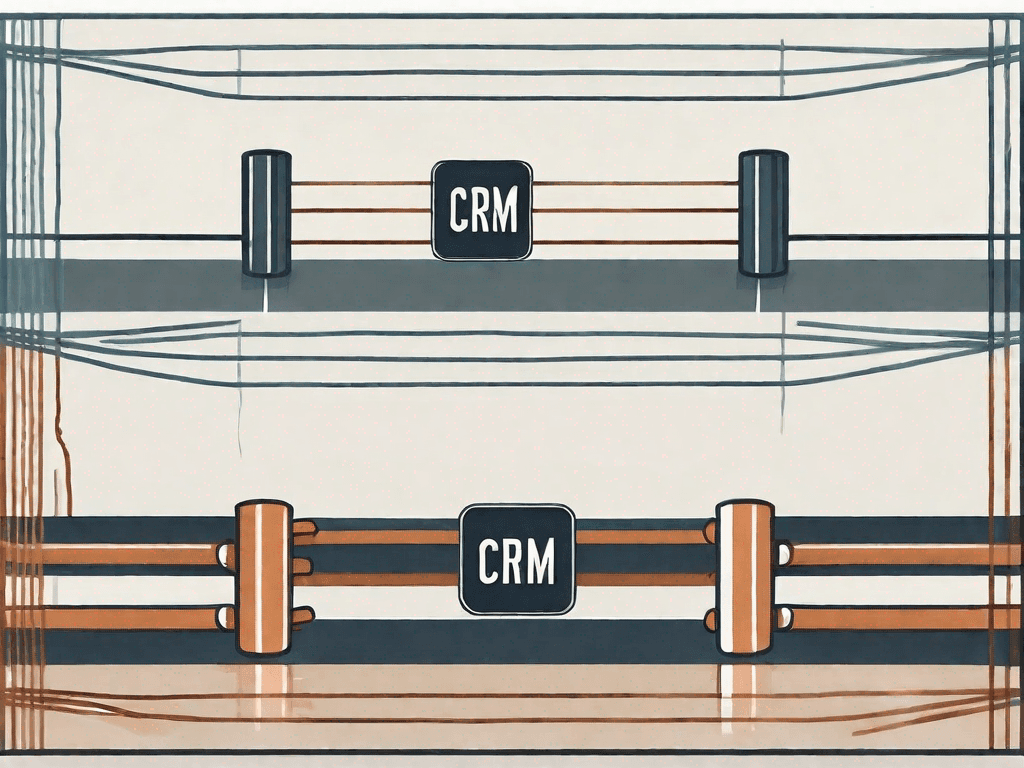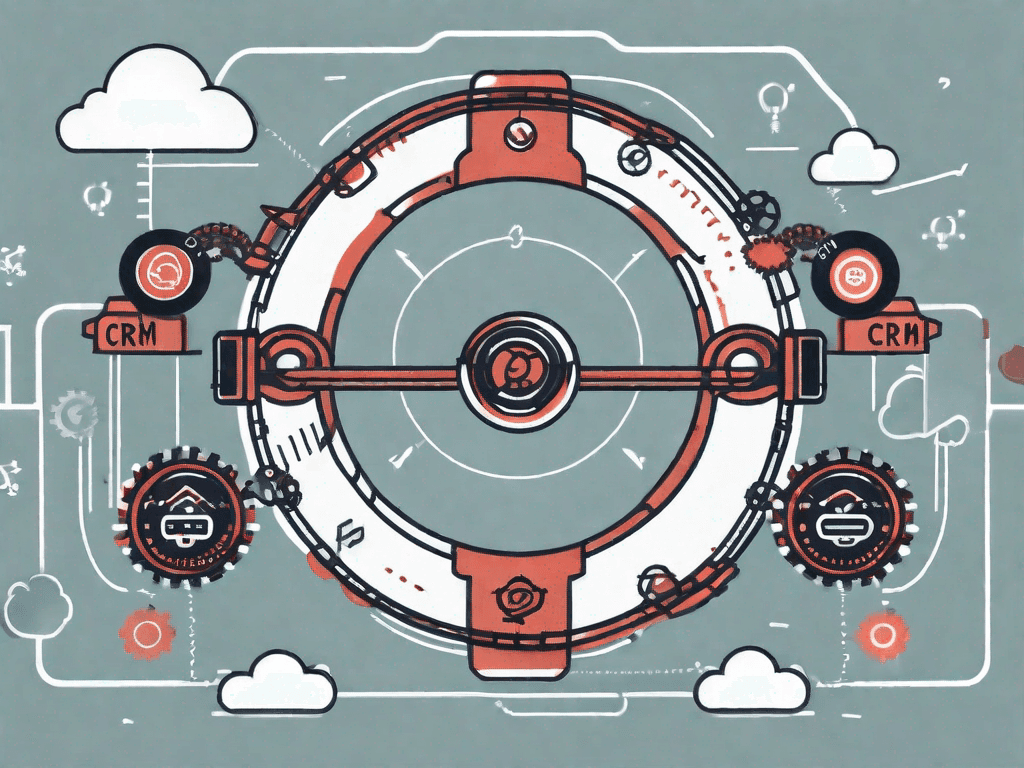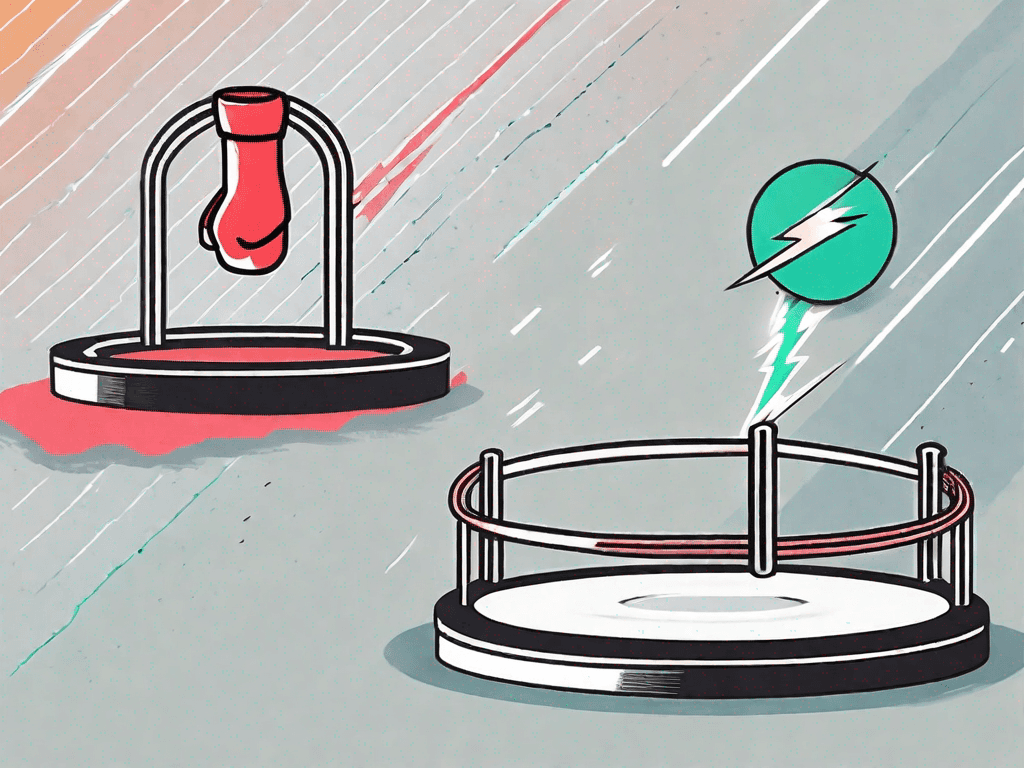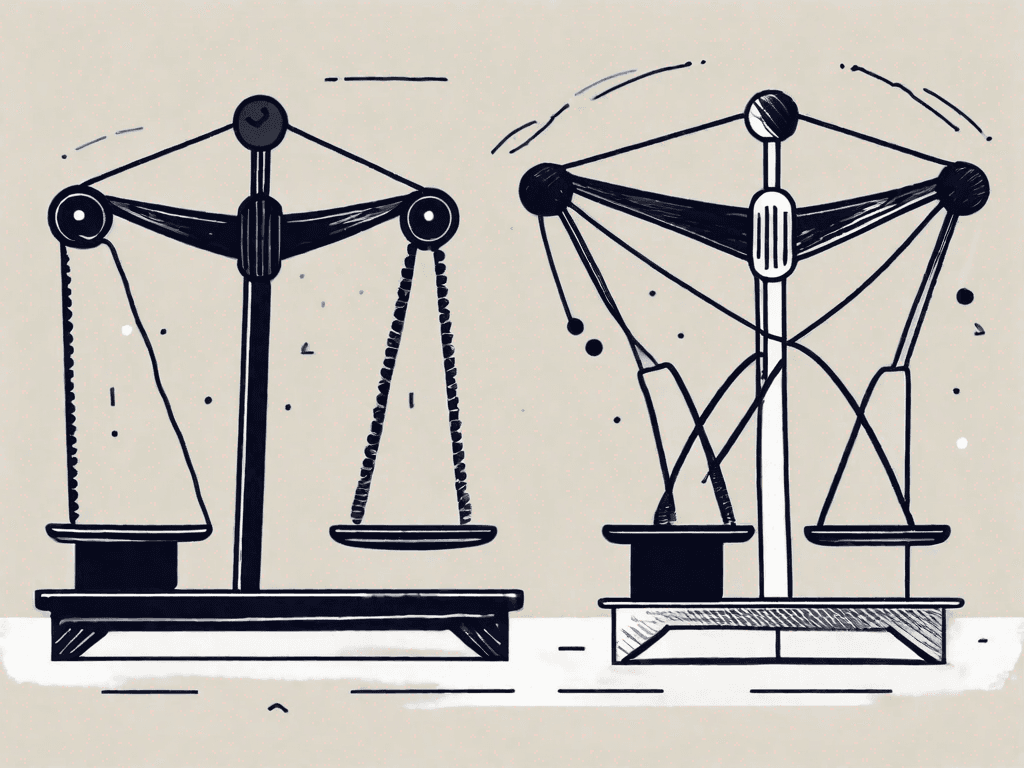
Hubspot vs Zoho CRM: Which CRM is the Best?
In today's business world, having a customer relationship management (CRM) system in place is crucial for any company looking to stay ahead of the competition. Two popular options in the market are Hubspot and Zoho CRM. Both offer a range of features and advantages, but which one is the best? In this article, we will explore the pros and cons of each CRM, compare their pricing, analyze their integrations, and ultimately help you determine which CRM is the best fit for your specific needs
1. Pros and Cons of Hubspot and Zoho CRM
1.1 Pros of Hubspot
One major advantage of Hubspot CRM is its user-friendly interface. The platform is intuitive and easy to navigate, making it ideal for users with varying levels of technical expertise.
Additionally, Hubspot offers robust marketing automation capabilities. From lead generation to email marketing campaigns, Hubspot allows businesses to streamline their marketing efforts and nurture leads effectively.
Moreover, Hubspot offers a comprehensive free plan, which makes it an attractive option for small businesses or those on a tight budget.
Furthermore, Hubspot provides detailed analytics and reporting features, allowing businesses to track the performance of their marketing campaigns and make data-driven decisions.
In addition to its marketing automation features, Hubspot also offers a wide range of sales tools. These tools enable businesses to manage their sales pipeline, track deals, and automate repetitive tasks, ultimately improving sales efficiency.
Furthermore, Hubspot integrates seamlessly with other popular business tools, such as email marketing platforms, customer service software, and content management systems, providing a unified and streamlined experience for users.
1.2 Cons of Hubspot
Despite its strengths, Hubspot CRM does have a few drawbacks. One of the most notable is its limited customization options. Some users may find that the CRM lacks the flexibility needed to tailor it to their specific business requirements.
Furthermore, while the free plan is a great starting point, businesses may quickly outgrow its limitations and need to upgrade to a paid plan to access advanced features.
In addition, Hubspot's customer support may not always meet the expectations of all users. Some users have reported delays in response times and difficulties in getting their issues resolved in a timely manner.
Another potential drawback is that Hubspot's pricing plans can be quite expensive, especially for businesses with larger teams or more extensive needs. This may make it less accessible for small businesses or startups with limited budgets.
Lastly, Hubspot's learning curve can be steep for users who are new to CRM software. While the platform is user-friendly, it still requires time and effort to fully understand and utilize all of its features and functionalities.
1.3 Pros of Zoho CRM
On the other hand, Zoho CRM offers excellent customization capabilities. Users have the freedom to customize and configure the CRM to match their unique workflows and processes.
Zoho CRM also provides a wide range of built-in applications and integrations, allowing businesses to create a seamless and efficient workflow.
Additionally, Zoho CRM offers a competitive pricing structure, with options suitable for businesses of all sizes.
Furthermore, Zoho CRM provides strong data security measures, ensuring that sensitive customer information is protected and compliant with industry regulations.
In addition to its customization capabilities, Zoho CRM offers a comprehensive set of sales and marketing features. From lead management to email campaigns, businesses can effectively manage their customer relationships and drive growth.
Moreover, Zoho CRM provides excellent customer support, with responsive and knowledgeable representatives who can assist users with any questions or issues they may encounter.
1.4 Cons of Zoho CRM
Despite its strengths, Zoho CRM has its limitations. Some users may find the learning curve to be steeper compared to Hubspot CRM due to its more extensive feature set and customization options.
Another potential disadvantage is that Zoho CRM's user interface can feel slightly cluttered and overwhelming, especially to new users.
In addition, Zoho CRM's mobile app may not offer the same level of functionality and ease of use as its web-based counterpart. This may limit the productivity and convenience for users who rely heavily on mobile devices.
Furthermore, Zoho CRM's reporting and analytics capabilities may not be as advanced or comprehensive as some other CRM platforms. This could pose challenges for businesses that heavily rely on data-driven insights for decision-making.
Lastly, while Zoho CRM offers a wide range of integrations, some users may find that certain integrations are not as seamless or robust as they would prefer, requiring additional time and effort to set up and maintain.
1.5 Key Differences between Hubspot and Zoho CRM
While both Hubspot and Zoho CRM offer powerful solutions, there are key differences between the two that may impact your decision. Hubspot focuses more on marketing automation, making it an excellent choice for businesses looking to enhance their marketing efforts. On the other hand, Zoho CRM offers more customization options and a wider range of integrated applications, making it a strong contender for businesses seeking flexibility and scalability.
Another key difference is the pricing structure. Hubspot offers a free plan, which can be a significant advantage for small businesses or those on a tight budget. Zoho CRM, on the other hand, offers competitive pricing options suitable for businesses of all sizes.
Furthermore, Hubspot's user-friendly interface and intuitive navigation make it a popular choice for users with varying levels of technical expertise. Zoho CRM, while offering extensive customization capabilities, may have a steeper learning curve, requiring more time and effort to fully utilize its features.
Ultimately, the choice between Hubspot and Zoho CRM depends on the specific needs and priorities of your business. Evaluating these pros and cons can help you make an informed decision and select the CRM that best aligns with your goals and requirements.
2. How does HubSpot pricing compare to Zoho CRM?
2.1 Hubspot Pricing
Hubspot CRM offers a range of pricing plans designed to cater to different business needs. Their plans include a free option, which provides basic CRM functionalities, and various paid plans that unlock additional features such as advanced analytics and sales automation. The paid plans start at $45 per month.
2.2 Zoho CRM Pricing
Zoho CRM also offers a range of pricing plans, with options for businesses of all sizes. Their plans start at $14 per user per month and go up to $100 per user per month for their enterprise-level plan. Zoho CRM also offers a free plan for up to three users, which provides basic CRM functionalities.
2.3 Pricing Comparison
When comparing the pricing of Hubspot and Zoho CRM, it is evident that Zoho CRM offers a more affordable starting point with its $14 per user per month plan. However, Hubspot's higher-priced plans come with advanced features that may be necessary for larger businesses or those with more complex sales and marketing processes. It is essential to carefully evaluate your specific business requirements and budget before making a decision.
3. How do HubSpot integrations compare to Zoho CRM?
3.1 HubSpot integrations
Hubspot CRM integrates with numerous popular third-party applications, such as Gmail, Outlook, Slack, and Mailchimp. This allows businesses to seamlessly connect their CRM with other tools in their tech stack and streamline their workflow.
Additionally, Hubspot offers an extensive marketplace of integrations and plugins developed by both Hubspot and third-party developers. This ensures that businesses have access to a wide range of solutions and can tailor their CRM experience to their specific needs.
3.2 Zoho CRM Integrations
Zoho CRM also offers robust integration capabilities, allowing users to connect with popular tools like G Suite, Microsoft Office, and QuickBooks. Zoho CRM offers an extensive library of pre-built integrations, ensuring that businesses can connect their CRM with their favorite apps effortlessly.
Furthermore, Zoho CRM provides an open API, enabling businesses to build custom integrations or leverage third-party integration solutions.
4. Which one is the Best for You?
4.1 The Best for Salespeople
If you are primarily focused on sales and lead management, Hubspot CRM may be the best fit for you. Its user-friendly interface and marketing automation features make it easy for sales teams to manage leads, track their progress, and optimize their sales processes.
4.2 The Best for Consultants
For consultants who require extensive customization options and the ability to tailor their CRM to their specific consulting approach, Zoho CRM is a strong contender. Its flexibility and wide range of integrations allow consultants to adapt the CRM to their unique workflows.
4.3 The Best for Digital Marketing Agencies
Digital marketing agencies can benefit from the robust marketing automation capabilities offered by Hubspot CRM. The platform's intuitive interface and comprehensive marketing tools enable agencies to create and execute effective marketing campaigns, track results, and analyze data to optimize their strategies.
Conclusion
When it comes to choosing between Hubspot and Zoho CRM, there is no one-size-fits-all answer. It ultimately depends on your specific business requirements, budget, and industry. Both CRM solutions offer a range of features and advantages that can benefit different types of businesses. Evaluate your needs, take advantage of free trials and demos, and consider the insights shared in this article to make an informed decision. Remember, the best CRM is the one that aligns with your business goals and empowers your team to build and maintain strong customer relationships.











![The 8 Best Social CRM Software in 2025 [Comparison]](https://framerusercontent.com/images/RYHyYapdgIi83BEWtMdX418.png)
![The 6 Best LinkedIn CRM in 2025 [Comparison]](https://framerusercontent.com/images/Luywfni7ZKjb19yghbhNPy4I4qQ.png)



![The 5 Best Twitter CRM [Comparison]](https://framerusercontent.com/images/EWcbvYnVZglJLO8jp3OlHkTvsHo.png)
































































































































































